
Energy efficient baking made easy
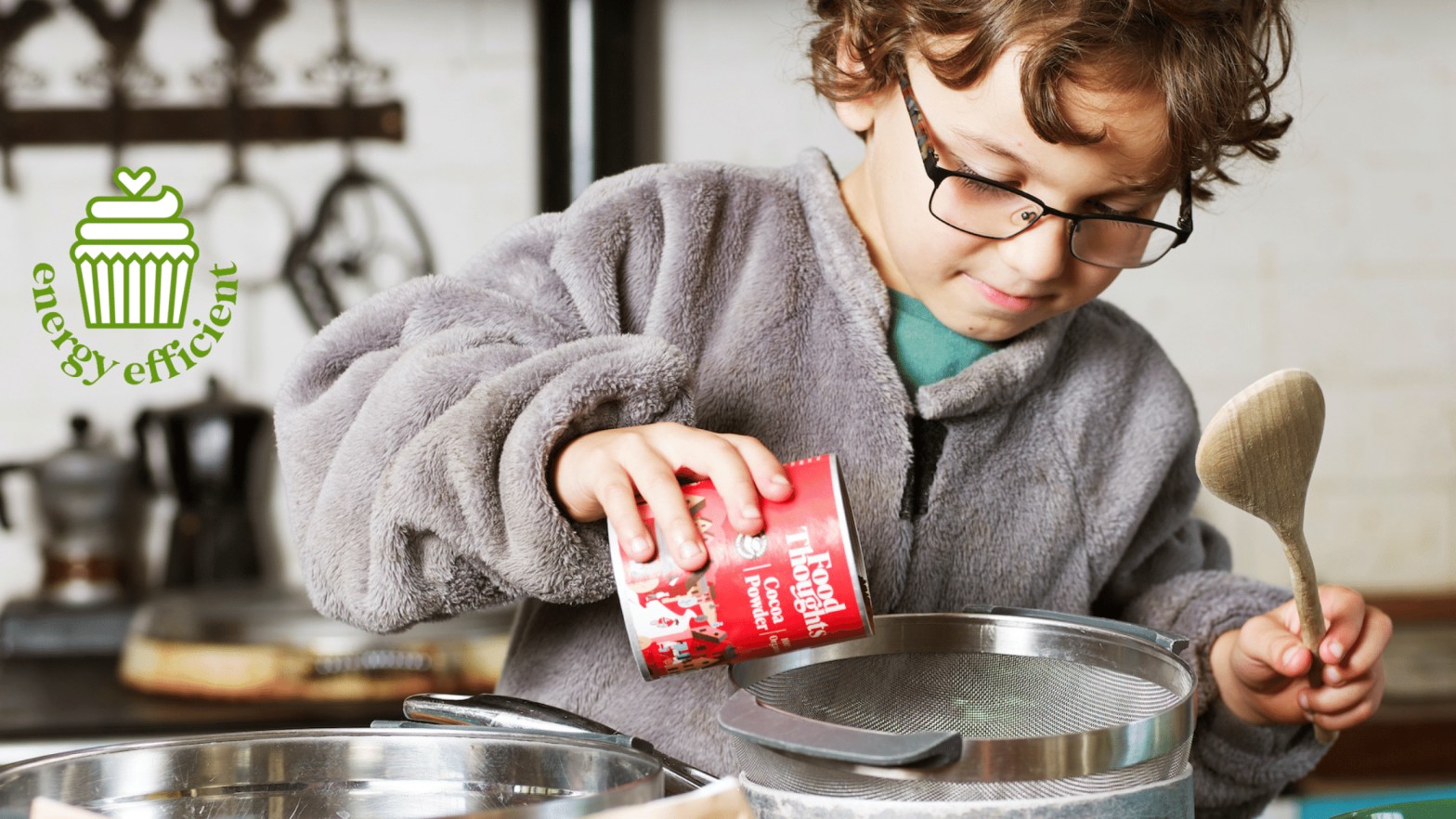



5 top tips for energy efficient baking
Batch cook
Lots of bakes can be made in bulk and then frozen in batches. By doing so, you make the most of the time the oven is on. Plus, you can often save money on ingredients by buying them in bulk.
Double up
Try to only use your oven once a day and make the most of every shelf. So, while you’re cooking tonight’s lasagne, why not roast some veggies for tomorrow’s lunch? Or why not bake tonights’ traybake and bake a week’s worth of cookies at the same time?
Go for quick bakes
While a full chocolate cake can take over 30 minutes to cook, cupcakes can go from bowl to plate in half the time. ‘Reducing energy mission’ achieved!
Clean your oven
Cleaner cookers are generally more energy efficient than ones with layers of burnt-on food. Plus, if you can see through the glass door, you won’t need to open it as often to check on your bakes. That means less energy wasted and less risk of a sinking sponge cake.
Choose no-bake bakes!
Not all bakes need an oven. Some can be cooked in the microwave, on the hob, or even in the slow cooker. And some (like this White Chocolate & Strawberry Cheesecake) just need time to set in the fridge.
Our favourite energy efficient baking recipes
No heating required puddings
- Our No Bake Breakfast Tart is perfect for brunch or a light dessert.
- This Speedy Crunchy Tiramisu will go down a treat with coffee lovers.
- These Chocolate Popcorn Bites are ideal for Halloween, movie night and lunchboxes.
Quick bakes
- Showstopping puddings don’t need to be full-sized cakes. These individual Chocolate & Berry Jaconde Tiers look super impressive but only need 5-8 minutes in the oven.
- Our Chocolate Orange Macarons bake in just 15 minutes.
Ditch the oven bakes
- Did you know that you can make a fluffy Chocolate Mug Cake in the microwave in less than 2 minutes? Now you do 🦸
- Is there a better Sunday brunch treat than waffles? Yep. Easy Chocolate Waffles.
- These Chocolate Cannoli Toasts are a twist on the Italian classic.
More energy efficient baking recipes
We have consulted with Citizens Advice website on electric appliances cost of use and we have awarded a green badge to the most energy efficient recipes on our website. Use the search tool and look out for our Energy Efficient Recipe badge. When you see it, it means the recipe won’t add more than £1 to your energy bill. And we promise, they will taste delicious! You can find all our energy efficient recipes here.
Energy efficient cooking
We can’t live on chocolatey treats alone (much as we might like to at times). So here’s some top tips for energy efficient cooking.
Make the most of your microwave
Microwaving is one of the most efficient cooking methods. If you make enough food for two nights, reheat the second portion in your microwave rather than the oven. Microwaves are also great for rice, soups, chilis and chocolate puddings. And, of course, you can start your jacket potato off in the microwave, then crisp it up in the oven.
Again, batch cooking your own ‘ready meals’ can save time and money. Split homemade stews and curries into tupperware containers and freeze them. Defrost the night before you want to eat them and then reheat them in the microwave.
Switch to an air fryer
Air fryers aren’t just good for chips. They bring extra crunch to a range of dishes, from chicken kievs to tofu, as well as saving on energy (and oil).
Invest in a slow cooker
Energy efficient cooking appliances are your friend. A slow cooker uses almost as little energy as a lightbulb and you can slow cook everything from soups and curries to chocolate lava cake. We reckon this Vegan Bean and Butternut Squash Chili could be just as tasty cooked in the slow cooker as in the oven.
Try a pressure cooker
Pressure cookers are more efficient than cooking on the hob, and generally a lot quicker. Plus, they really bring out the flavour of cheaper cuts of meat.
Use your kettle
Kettles heat water more efficiently than on the hob. So whether you’re melting chocolate in a bain marie or just cooking pasta, boil the water in your kettle before pouring it into the saucepan.
Defrost food before cooking
It takes around half the time to cook a meal from chilled as it does from frozen. So take sausages, pies, lasagnes and other food out of the freezer the night before and let them defrost in the fridge. Before you do, check the label though, as some meals are best cooked from frozen.
Go small
When you’re cooking on the hob, use a smaller pan, and choose the burner that’s the closest size to the pan. Of course, this is not applicable as a family meal energy saving hack!
Keep the lid on
Keep the lid on your saucepans when they’re simmering on the hob. It’ll mean less heat is lost. Plus it avoids condensation, which can lead to damp and mould.
Double up
Use a double steamer to cook all your veg on one burner.
Don’t bother with preheating
For most meals, there’s no need to preheat your oven. Just add a few minutes cooking time on at the end instead. This isn’t the case for everything, cakes need to go into a hot oven for example. The same for soufflés and Yorkshire puddings!
Turn the oven off early
An electric oven stays hot for quite a while, so you can usually turn it off a few minutes before your meal has finished cooking. (Do always check that chicken and other meat is fully cooked before you eat it though, and don’t try this for cakes as you won’t get the rise.) When you’re not using your electric oven, turn it off at the wall, as it’ll still use electricity on standby.
Make the most of the extra heat
When you’ve finished cooking, leave the oven door open. It’ll help to warm up your kitchen.
What type of oven is most energy efficient?
Upgrading your oven? Here’s what to consider:
- The higher up the A-G rating you can get, the more efficient your oven will be. That said, the most energy efficient ovens can prove more expensive, so you’ll need to balance the purchase price with the running costs.
- Choose the oven that best suits your needs. There’s no point buying a large cooker if you’re a single person household, as you’ll rarely need all the space.
- If you’re buying an electric oven, make sure it’s fan assisted.
- Induction hobs use the least electricity as they heat up the quickest. As above, that can mean they cost more to buy though. (Plus you might need to replace your pans.)
- Gas wastes a lot of heat, although gas hobs and ovens can still work out less to run as gas is usually cheaper than electric.
Buy in bulk
It’s usually better value for money to buy ingredients in bulk where you can, whether that’s multi-packs of baked beans or larger bags of pasta. Food Thoughts products can be bought in bulk direct from our shop and you always get free delivery! Not to mention irresistible quality and taste.

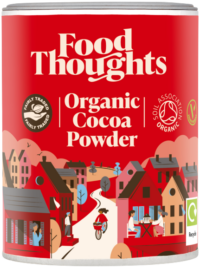
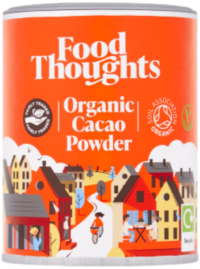
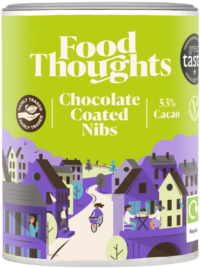
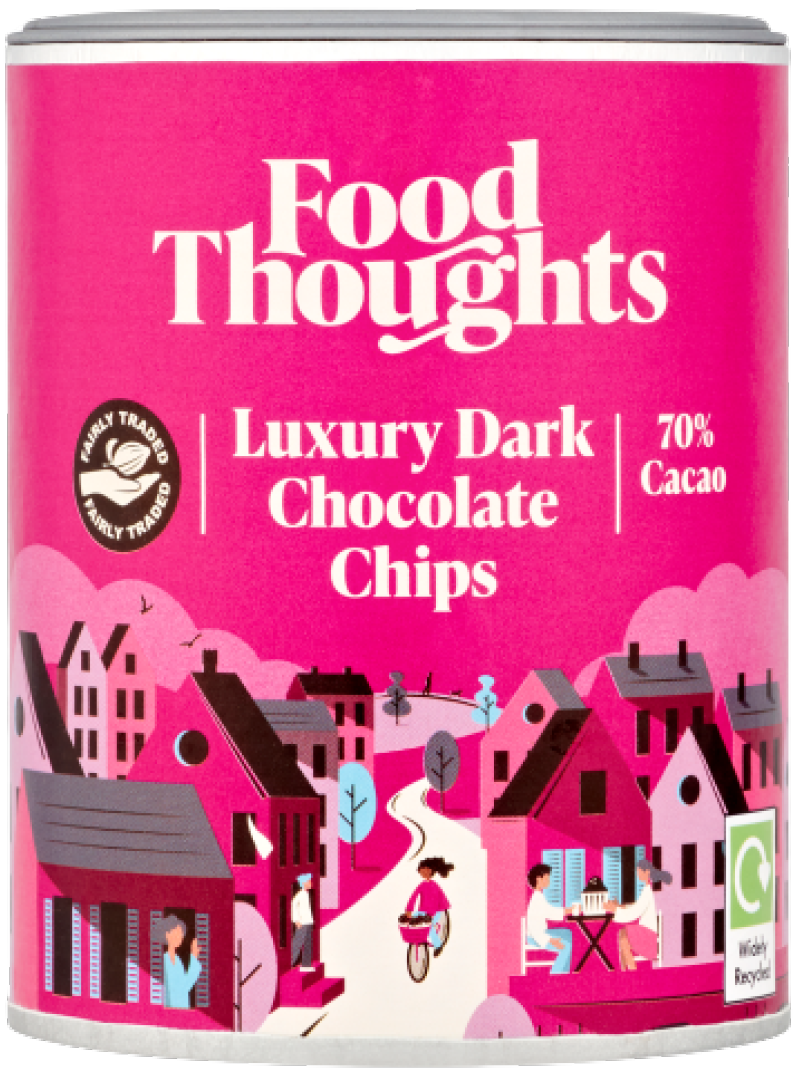
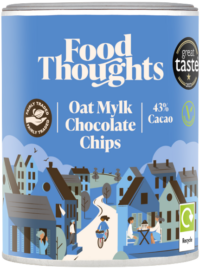
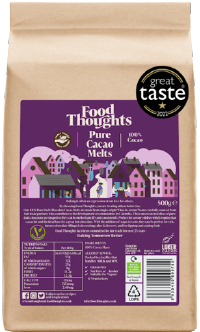
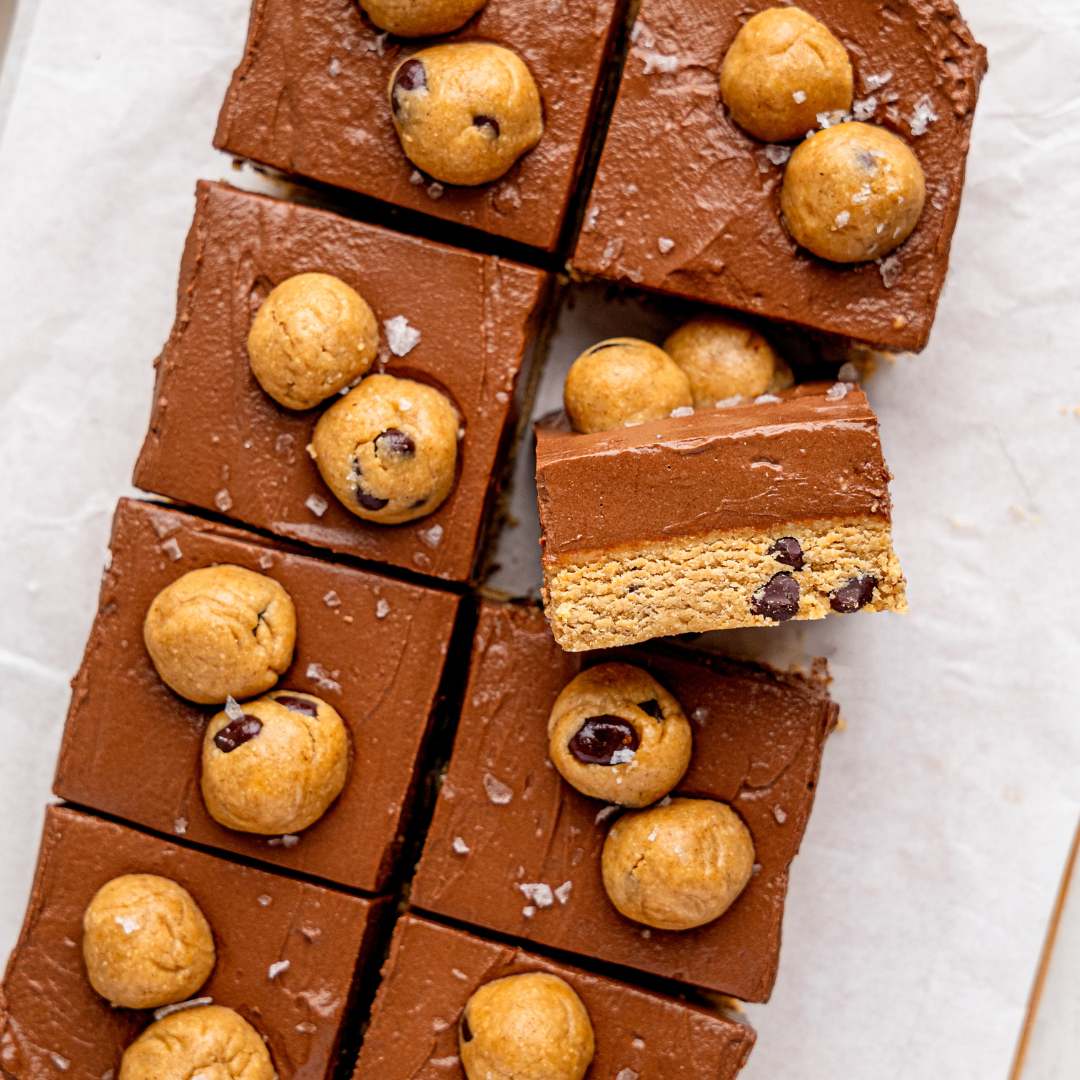

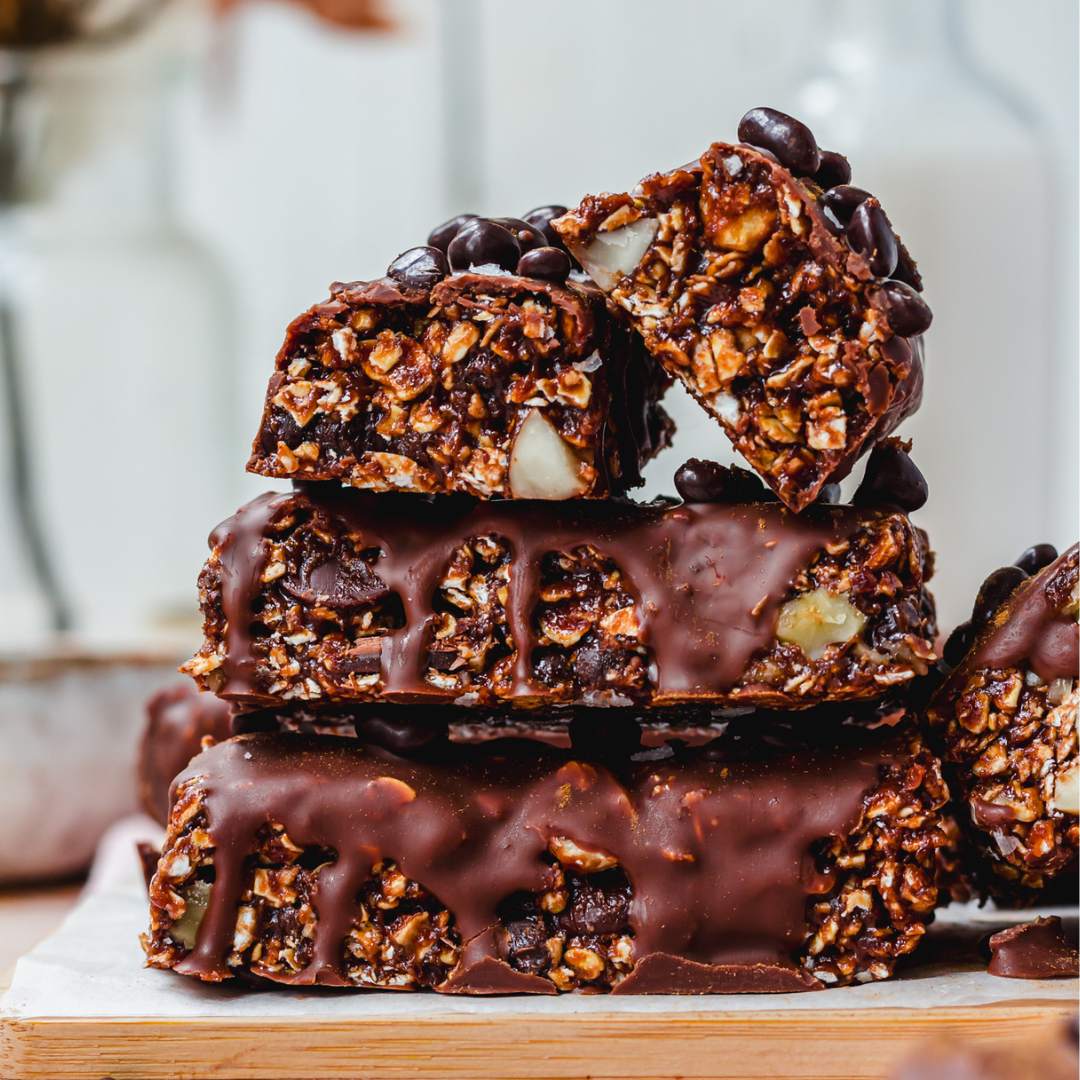
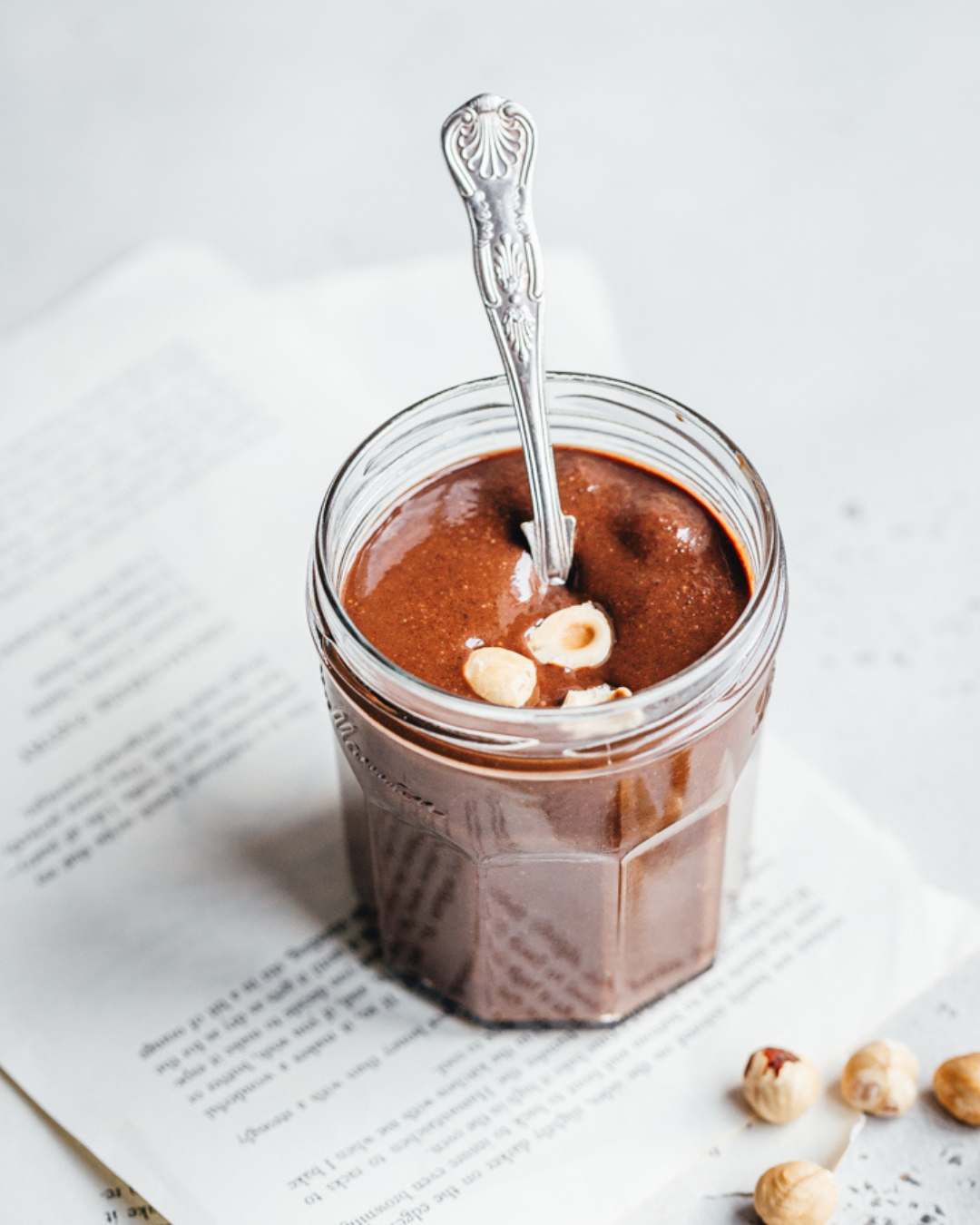
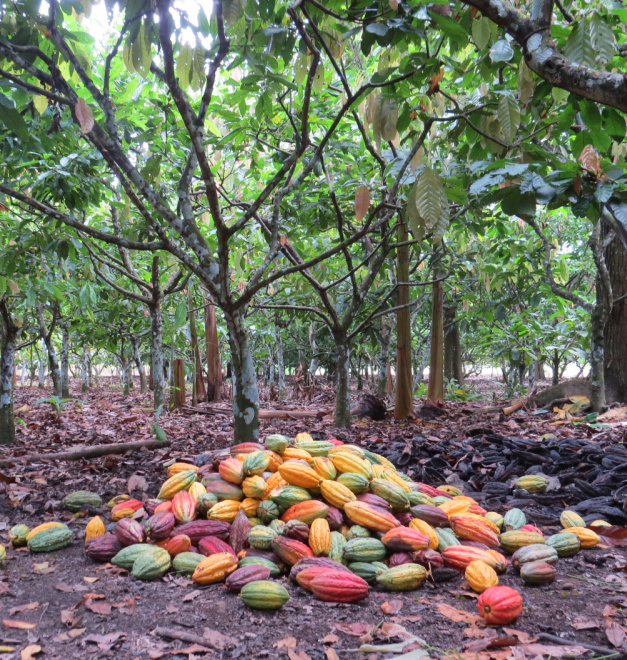

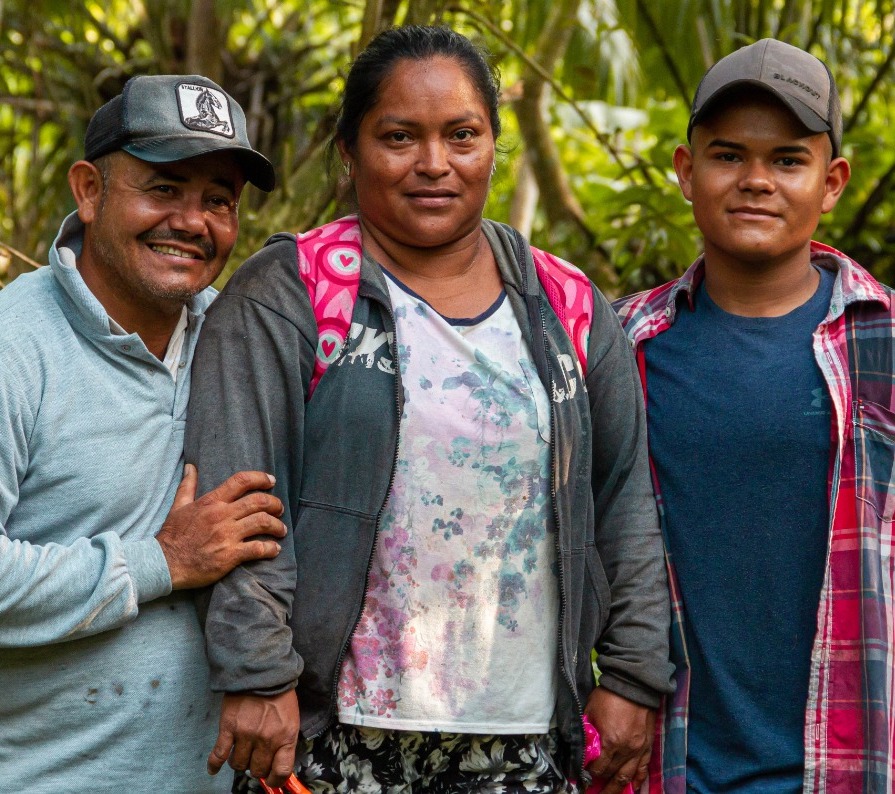
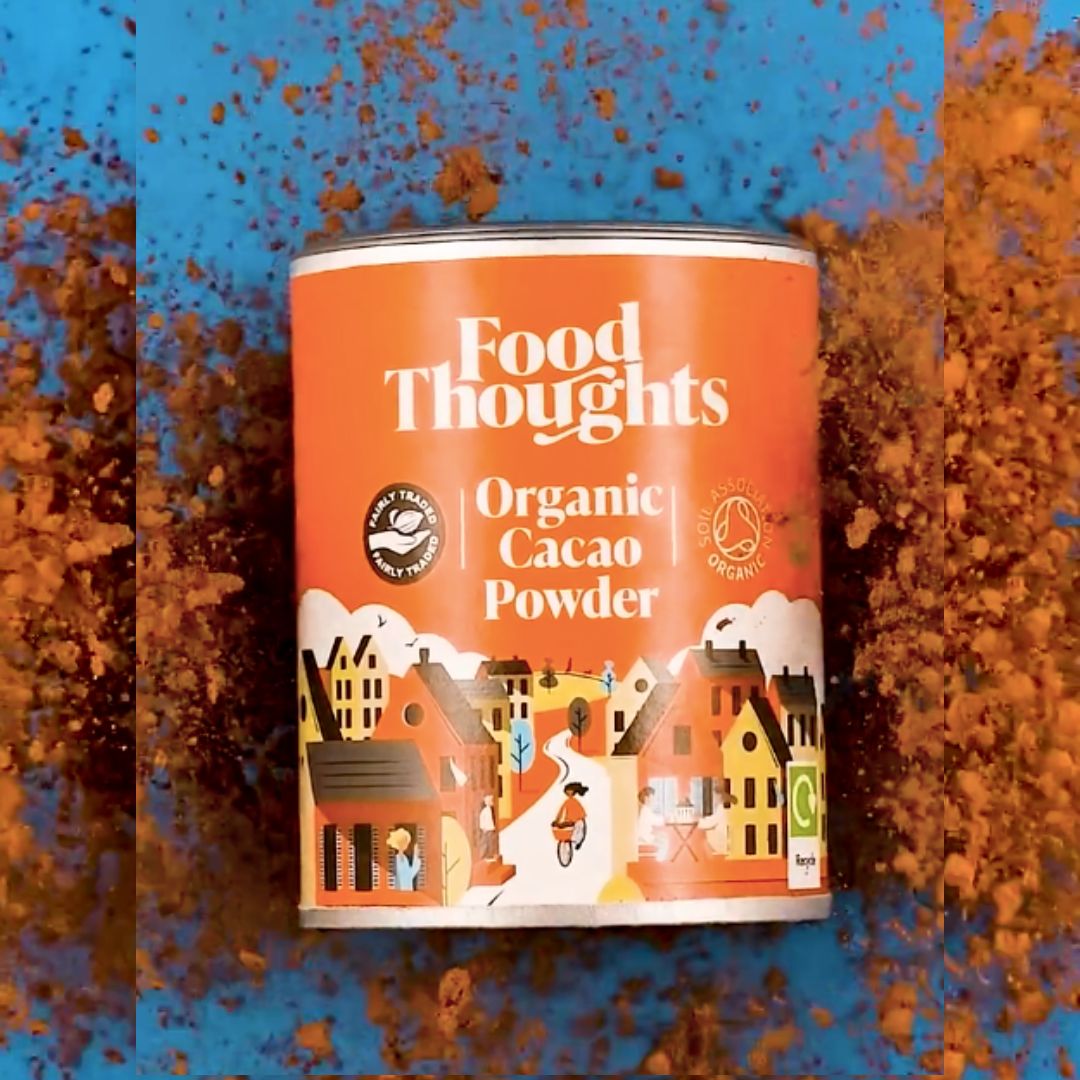
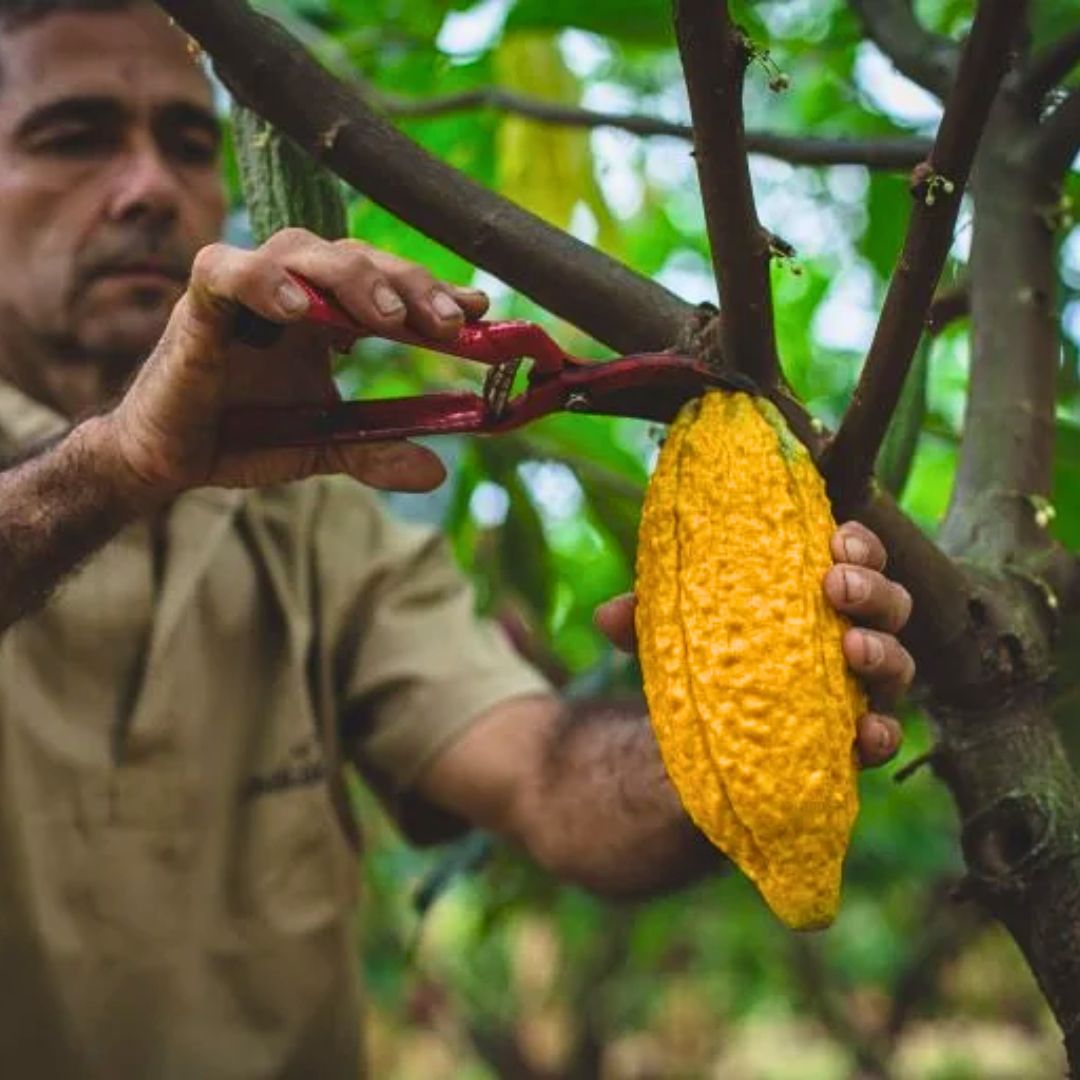
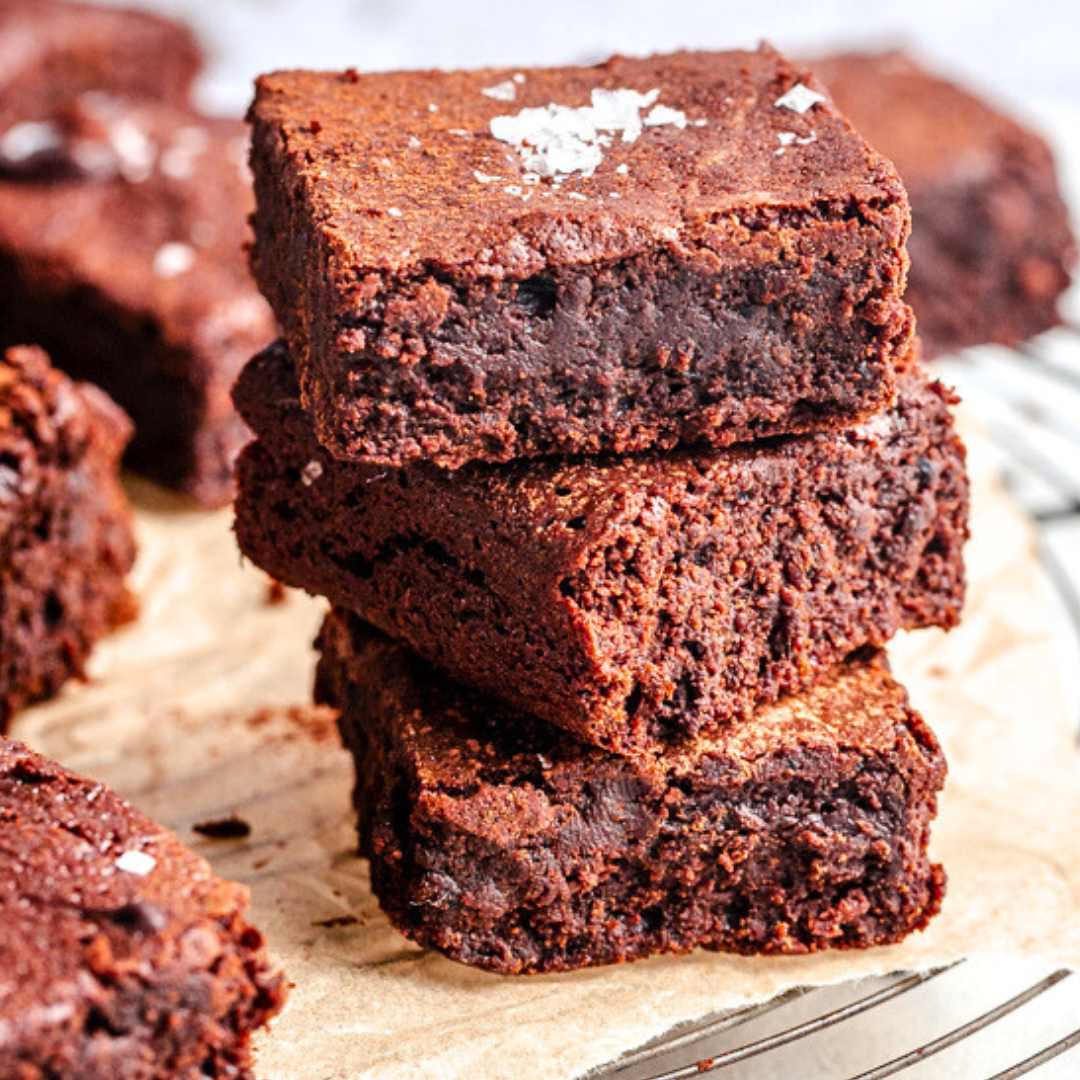
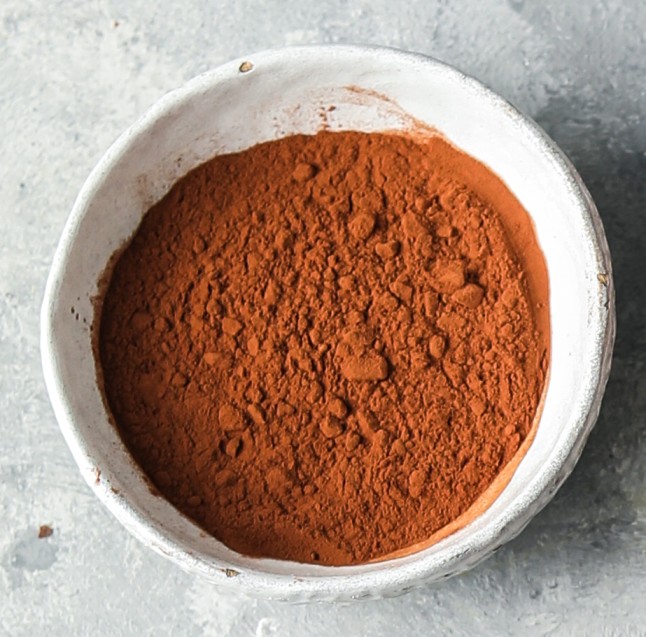






Share this